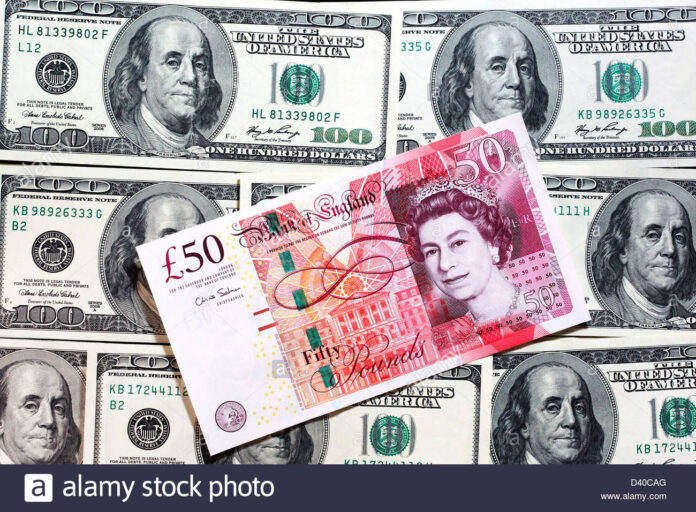The shortage in foreign exchange available to businesses and end-users will be one of the biggest hurdles that will dent business environment outlook in 2021, Lagos Chamber of Commerce and Industry (LCCI) Director-General, Muda Yusuf has predicted.
In the LCCI Economic Outlook for 2021 released yesterday, the economic think-tank group said there are no quick fixes for the structural issues and the desired regulatory and institutional reforms that are needed to boost business outlook for the year.
The body said the business outlook is not too bright given that the security situation which requires new strategies and approaches adding “It is not clear what new strategies are in the works.”
According to Yusuf, while forex supply will face continued pressure in year 2021 in the light of relatively lower dollar inflows from oil, foreign investment, and diaspora remittances, the Central Bank of Nigeria (CBN) is expected to sustain its demand management strategies via rationing and restricting access to forex for food imports.
“In year 2021, the CBN will most likely maintain and initiate more demand management policy measures to taper growing demand for forex amid weak dollar inflows,” he said.
He said that without bold policy pronouncements, constraints to the ease of doing business including foreign exchange shortage, escalating production costs, high regulatory costs, infrastructure inadequacies, and delayed cargo clearance, will persist into year 2021.
“These constraints will be more profound on businesses in the real economy. We believe the sluggish pace of recovery will continue to subdue consumer demand, albeit the impact on earnings performance will be disproportionate across sectors,” Yusuf said.
He explained that while most Micro Small and Medium Enterprises (MSMEs) will struggle to survive in year 2021 amid unfavourable economic conditions, large corporates are expected to demonstrate resilience in the coming year.
“We expect the economy to return to the path of positive growth in the second quarter of 2021 and this would expectedly impact on the macroeconomic environment which may ease some of the critical economic conditions currently impeding economic growth,” he said.
He said Nigeria’s trade dynamics with the global community is expected to remain almost unchanged in the short-term. With imports continuing to outpace exports, trade deficit is expected to widen in excess of N5 trillion in year 2020, thereby putting pressure on forex.
“Looking ahead in 2021, we expect crude oil to sustain its dominance in Nigeria’s export while manufactured imports will most likely dominate the country’s import bill. We anticipate sustained trade deficit in agriculture, manufactured goods and raw materials goods in year 2020,” he said.
The LCCI boss said capital importation will remain weak in fourth quarter of 2020. As such total capital inflows for year 2020 might likely range between $10 billion – $11 billion, below 2018 and 2019’s levels. The forex policies, security challenges, sustained fiscal & external risks, infrastructure inadequacies, policy credibility concerns and regulatory bottlenecks may keep capital importation subdued in the short-term.
“Foreign portfolio (FPIs) investors are concerned about – continual rise in negative real return rate on investment due to rising inflation and inability of FPIs to exchange naira repayments into forex. Given that these issues remain unresolved, we believe FPIs will remain cautious about naira-denominated investment securities in the short term,” he said.
Yusuf said the value of Nigeria’s trade with the global community stood at N23.2 trillion between January and September 2020, with imports (N13.91 trillion) and exports (N9.3 trillion) accounting for 60 per cent and 40 per cent of total trade, respectively.



